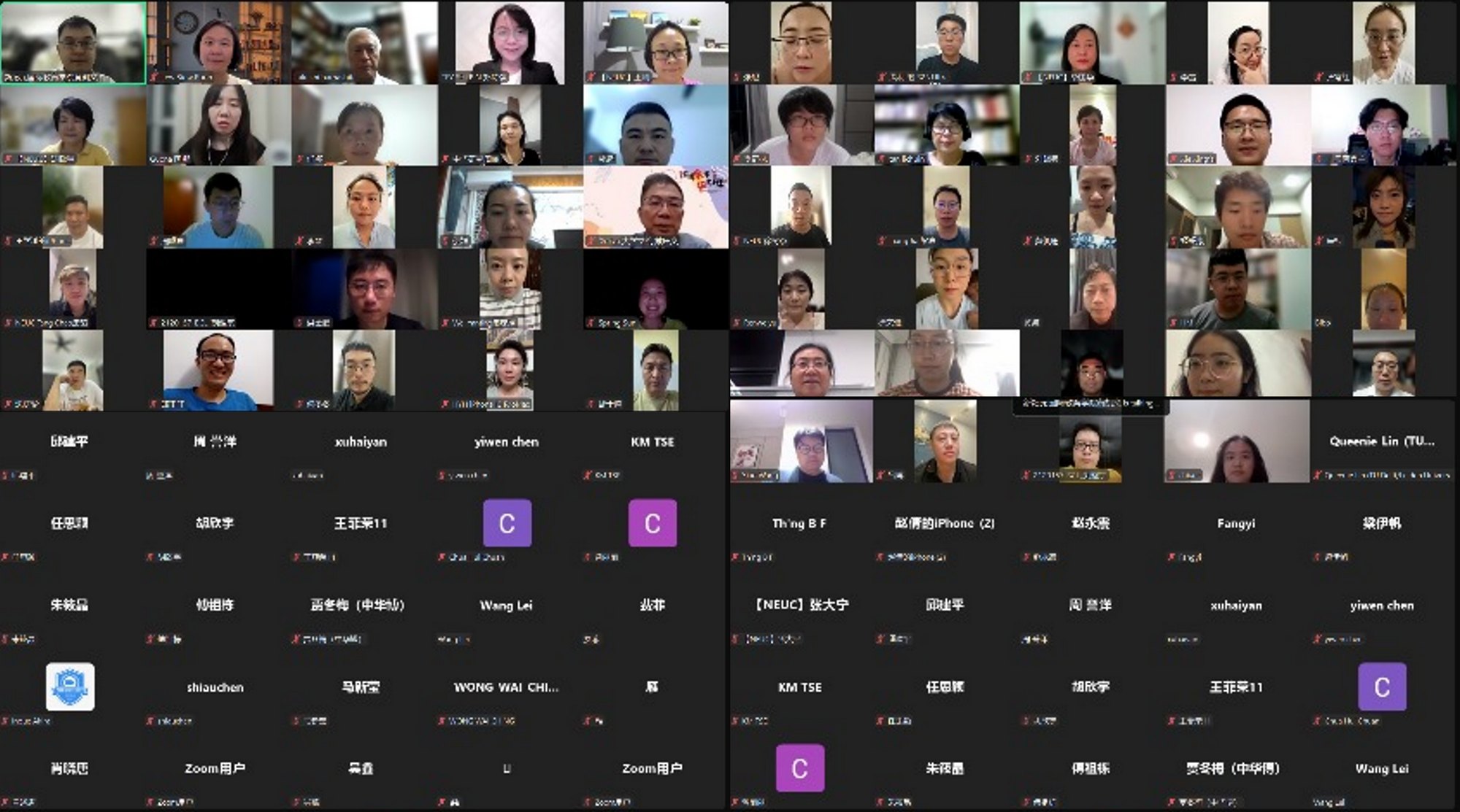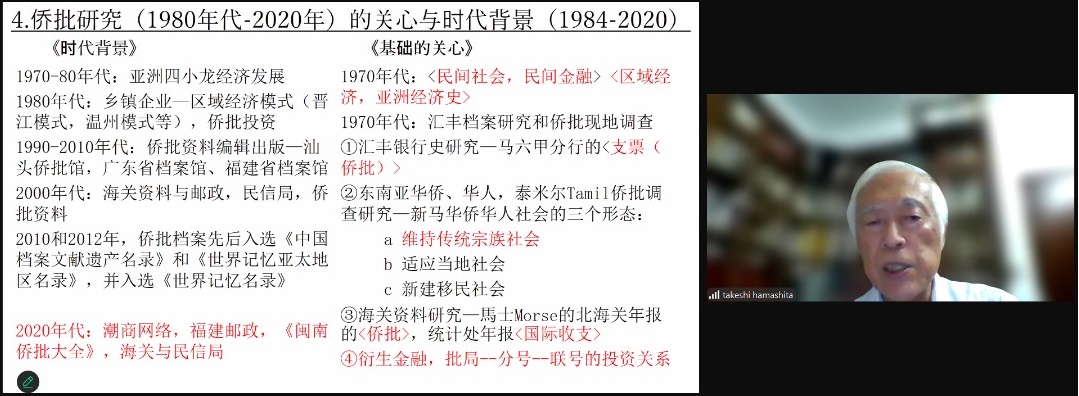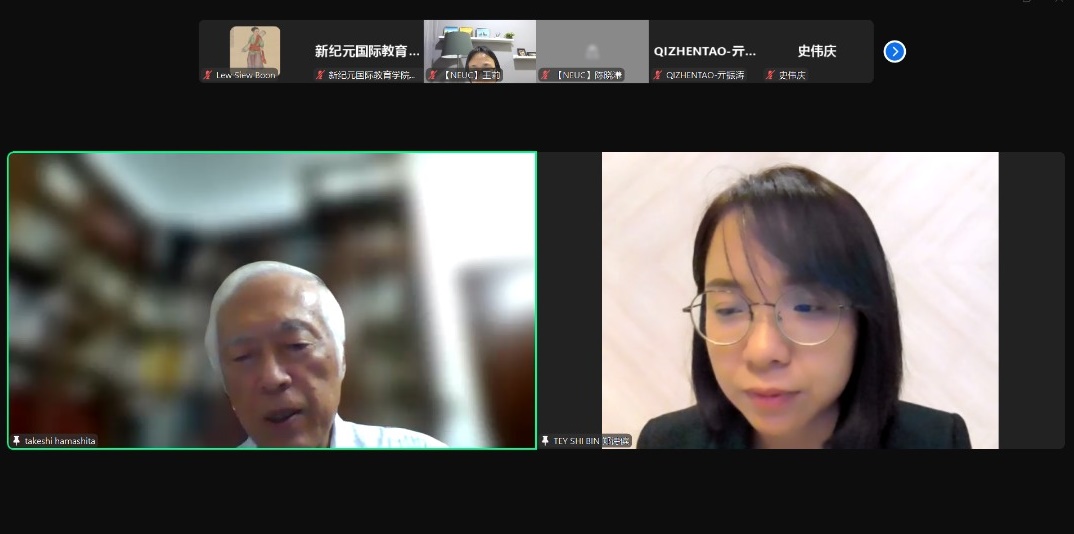Lecture by Prof. Takeshi Hamashita in the 33rd talk of the “Tan Lark Sye Lecture Series”
The 33rd session of the "Tan Lark Sye Lecture Series," organized by the Institute of International Education, New Era University College (IIE, NEUC) and the Tan Lark Sye Institute, was held on 21 August. The guest speakers for this event was Prof. Takeshi Hamashita, a senior researcher from the Institute for Advanced Humanistic Studies at Sun Yat-sen University and a renowned Japanese historian. This lecture was titled “The Influence of Qiaopi on Economic, Social and Cultural Aspects from the 18th century to early 20th century”. It was attended by more than 120 people.
The keynote speaker, Prof. Takeshi Hamashita, is currently a senior researcher at the Institute for Advanced Humanistic Studies at Sun Yat-sen University. He is a renowned Japanese historian and sinologist, a member of the American Academy of Arts and Sciences (AAAS), and a recipient of the World Chinese Studies Contribution Award. He has served as a professor at the University of Tokyo and Kyoto University and has held visiting research and teaching positions at prestigious institutions such as the École des Hautes Études en Sciences Sociales in France, Cornell University in the United States, and the University of Hong Kong. He is also a part-time professor at Peking University and Tsinghua University. His main research areas include the economic history of China, East Asia, and the history of overseas Chinese in Southeast Asia.
In this lecture, Prof. Takeshi Hamashita explained the financial, trade, and socio-cultural networks that have formed in Southeast Asia and South China since the second half of the 19th century from the perspective of remittances. He has a strong interest in regional economics and Asian finance and has conducted multiple field studies in the southeastern coastal regions of China and Southeast Asia, particularly in Singapore, Malaysia, and Thailand. After engaging with the records of HSBC branches in Malacca and Yangon, as well as the remittance agencies in Singapore, Malaysia, and Thailand, he developed a profound understanding of issues related to overseas Chinese and remittances, integrating these insights into his maritime history research for this presentation. Following the lecture, the audience and the moderator engaged in an in-depth discussion with the speaker regarding remittance issues. This lecture was moderated by Assoc. Prof. Dr. Tey Shi Bin from NEUC.




